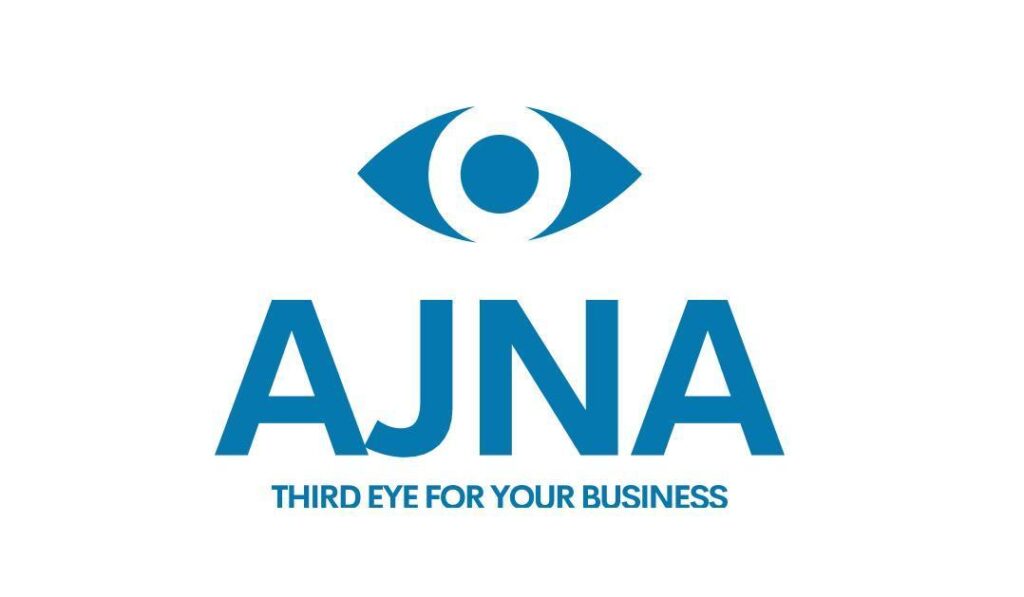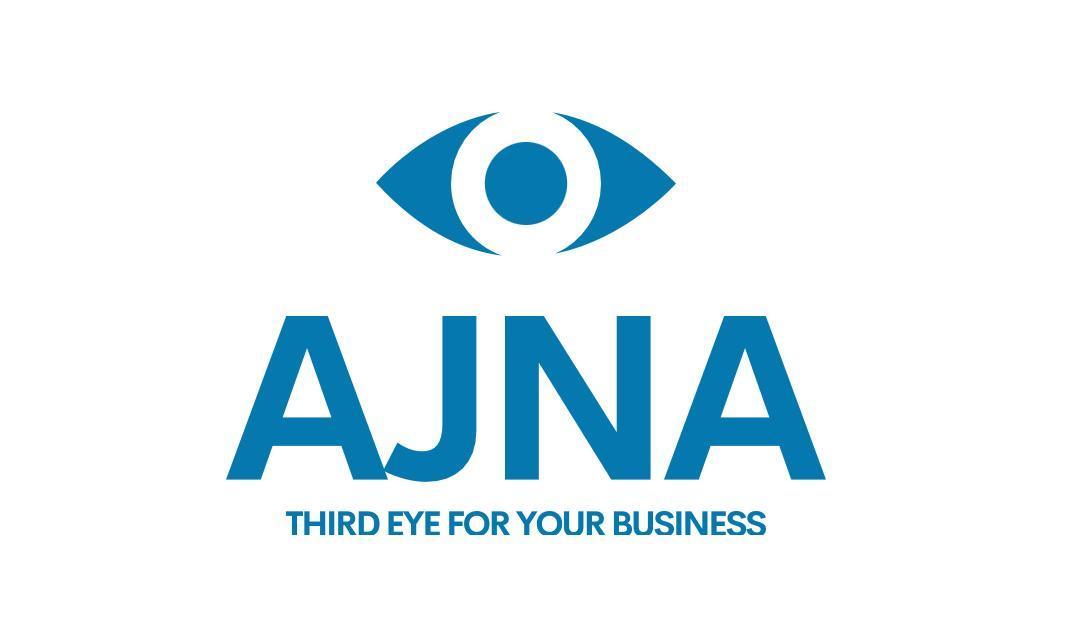
In today’s dynamic pharmaceutical landscape, ensuring the authenticity, safety, and traceability of medications is paramount. With the advent of technology, innovative solutions like Cloud APQR (Active Pharmaceutical Ingredients Quick Response) are emerging as game-changers in addressing these concerns. This article delves into the concept of Cloud APQR, its significance, implementation, benefits, challenges, and future prospects.
Understanding Cloud APQR
Cloud APQR is a cutting-edge solution that integrates cloud technology with QR (Quick Response) codes to enhance traceability and transparency in the pharmaceutical supply chain. Unlike traditional QR codes, which store limited data locally, Cloud APQR leverages cloud-based storage to manage vast amounts of information securely and efficiently.
Key Features of Cloud APQR
- Centralized Data Storage: Cloud APQR utilizes cloud-based servers to store comprehensive information about pharmaceutical products, including batch numbers, manufacturing dates, and distribution records.
- Real-time Accessibility: Stakeholders can access Cloud APQR data in real-time from anywhere with internet connectivity, enabling seamless tracking and monitoring of medications throughout the supply chain.
- Enhanced Security: Cloud APQR employs robust encryption and authentication protocols to ensure the integrity and confidentiality of sensitive pharmaceutical data, mitigating the risk of unauthorized access or tampering.
Implementation of Cloud APQR
The implementation of Cloud APQR involves several key steps:
- Integration with Manufacturing Processes: Pharmaceutical manufacturers integrate Cloud APQR into their production lines to generate unique QR codes for each batch of products.
- Incorporation into Product Packaging: QR codes containing Cloud APQR data are printed on pharmaceutical packaging, allowing end-users to access detailed product information using smartphones or QR scanning devices.
- Cloud Infrastructure Setup: Cloud APQR providers establish secure cloud infrastructure to store and manage pharmaceutical data, ensuring scalability, reliability, and compliance with regulatory requirements.
- Stakeholder Training and Adoption: Training sessions are conducted to familiarize stakeholders, including manufacturers, distributors, healthcare providers, and consumers, with Cloud APQR technology and its benefits.
Benefits of Cloud APQR
1. Enhanced Traceability and Transparency
Cloud APQR enables end-to-end traceability of pharmaceutical products, from manufacturing facilities to retail pharmacies, fostering transparency and accountability across the supply chain.
2. Improved Product Authentication
Consumers can verify the authenticity of medications by scanning Cloud APQR codes, reducing the risk of counterfeit or substandard products and enhancing consumer confidence in pharmaceuticals.
3. Efficient Recall Management
In the event of product recalls or quality issues, Cloud APQR facilitates rapid identification and removal of affected batches, minimizing potential harm to patients and reducing financial losses for manufacturers.
4. Streamlined Regulatory Compliance
Cloud APQR helps pharmaceutical companies comply with regulatory requirements by providing a standardized format for labeling, tracking, and reporting product information, ensuring adherence to safety and quality standards.
Challenges in Implementing Cloud APQR
1. Data Security and Privacy Concerns
Cloud APQR raises concerns about data security and privacy, as sensitive pharmaceutical information is stored on remote servers, necessitating robust encryption and access control measures to safeguard against cyber threats.
2. Integration with Existing Systems
Integrating Cloud APQR with existing manufacturing and distribution systems may require significant investments in infrastructure upgrades and software integration, posing challenges for some pharmaceutical companies.
3. User Adoption and Training
Ensuring widespread adoption of Cloud APQR among stakeholders, including healthcare professionals and consumers, requires comprehensive training and education initiatives to familiarize users with the technology and its benefits.
Future Prospects of Cloud APQR
The future of Cloud APQR holds immense promise for the pharmaceutical industry, with potential advancements including:
- Integration with IoT (Internet of Things) Devices: Cloud APQR can be integrated with IoT devices to enable real-time monitoring of environmental conditions, such as temperature and humidity, during pharmaceutical storage and transportation.
- Blockchain Integration: Leveraging blockchain technology with Cloud APQR can further enhance data security, immutability, and transparency, facilitating seamless collaboration and trust among stakeholders.
- Advanced Analytics and Predictive Insights: Cloud APQR data can be analyzed using advanced analytics algorithms to derive actionable insights, such as demand forecasting, supply chain optimization, and product lifecycle management.
Conclusion
Cloud APQR represents a transformative innovation in pharmaceutical traceability, offering a comprehensive solution to the challenges of product authentication, supply chain transparency, and regulatory compliance. While implementation may pose challenges, the potential benefits, including enhanced traceability, improved patient safety, and regulatory compliance, underscore its importance in shaping the future of the pharmaceutical industry.
FAQs about Cloud APQR
- What is Cloud APQR?
- Cloud APQR is a technology that integrates cloud storage with QR codes to enhance traceability and transparency in the pharmaceutical supply chain.
- How does Cloud APQR improve pharmaceutical traceability?
- Cloud APQR enables real-time tracking and monitoring of pharmaceutical products throughout the supply chain, fostering transparency and accountability.
- What are the benefits of Cloud APQR?
- Benefits include enhanced traceability, improved product authentication, efficient recall management, and streamlined regulatory compliance.
- What are the challenges in implementing Cloud APQR?
- Challenges include data security concerns, integration with existing systems, and user adoption and training.
- What are the future prospects of Cloud APQR?
- Future advancements may include integration with IoT devices, blockchain technology, and advanced analytics for predictive insights.






